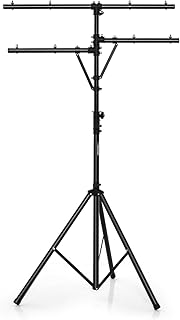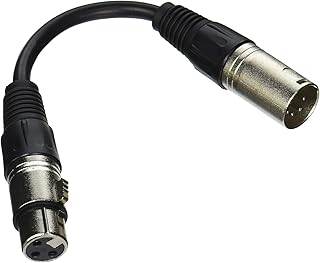Independent theatre-makers in South Australia face a myriad of challenges as they strive to create innovative and bold new work amidst venue closures, limited funding, and scarce infrastructure. These emerging artists, like James Watson of Famous Last Words, often find themselves juggling multiple roles beyond their creative pursuits, taking on tasks such as producing, marketing, and venue management to sustain their careers.
For Watson and his peers, the necessity of producing their own work independently is a reality that demands resilience and adaptability. The Adelaide arts scene, while vibrant during the festival season, poses year-round challenges for artists seeking sustainable careers outside the peak periods. The closure of key independent spaces further compounds the struggle for artists to secure venues and resources for their productions.
Clara Solly-Slade, co-founder of Kinetik Collective, shares Watson’s sentiments about the precarious nature of arts funding and the need for artists to navigate administrative tasks while pursuing creative endeavors. The hand-to-mouth existence in the arts sector often limits the ability to take creative risks, as financial constraints prioritize project costs over artist wages and development.
While the COVID-19 pandemic brought some increased funding opportunities for artists like Solly-Slade, the long-term sustainability of the independent arts sector remains uncertain. The traditional gig work model prevalent in Australia contrasts with the artist-employment model seen in other countries, highlighting the need for structural support to enable artists to focus on their craft without the burden of constant financial insecurity.
The closure of venues like Rumpus Theatre has left a void in the South Australian arts landscape, prompting artists like Melissa Pullinger of CRAM Collective to seek alternative spaces for their productions. The loss of these venues not only affects individual artists but also reflects broader challenges in the availability and affordability of creative spaces in the state.
As emerging companies like CRAM Collective strive to challenge conventional theatrical norms and collaborate with fellow creatives, the importance of community support and audience engagement becomes evident. The future sustainability of the arts sector in South Australia hinges on long-term investment, collaboration, and a thriving independent arts ecosystem that nurtures creativity and experimentation.
The collective vision shared by theatre-makers like Watson, Solly-Slade, and Pullinger underscores the need for Adelaide to provide a supportive environment that fosters artistic growth and career development. Without sustained investment and opportunities for emerging artists, the risk of talent drain to other regions looms large, posing a threat to the cultural vibrancy of the city and its independent arts scene.
📰 Related Articles
- Challenges and Resilience: Australian Theatre Struggles Amid Funding Cuts
- Australian Coffee Industry Faces Challenges Amid Global Price Surge
- Young Entrepreneur Faces Challenges Amid Surging Property Prices
- Wichita Trash Industry Faces Challenges Amid Corporate Mergers
- Victoria’s Secret Faces Challenges in China’s Lingerie Market






